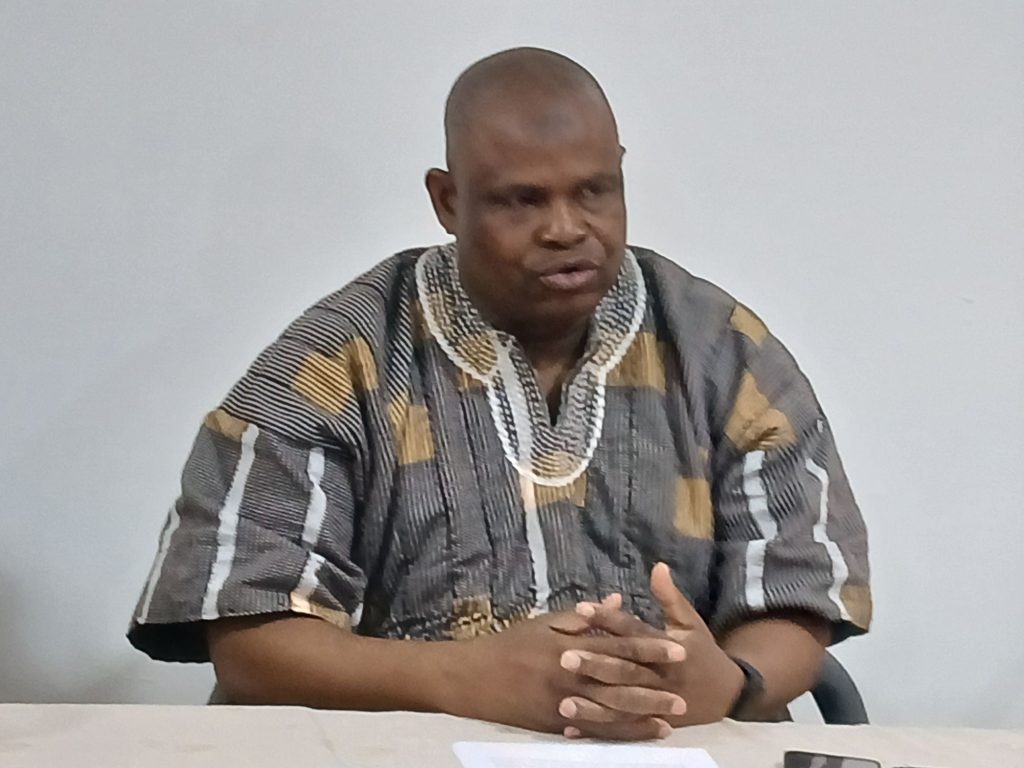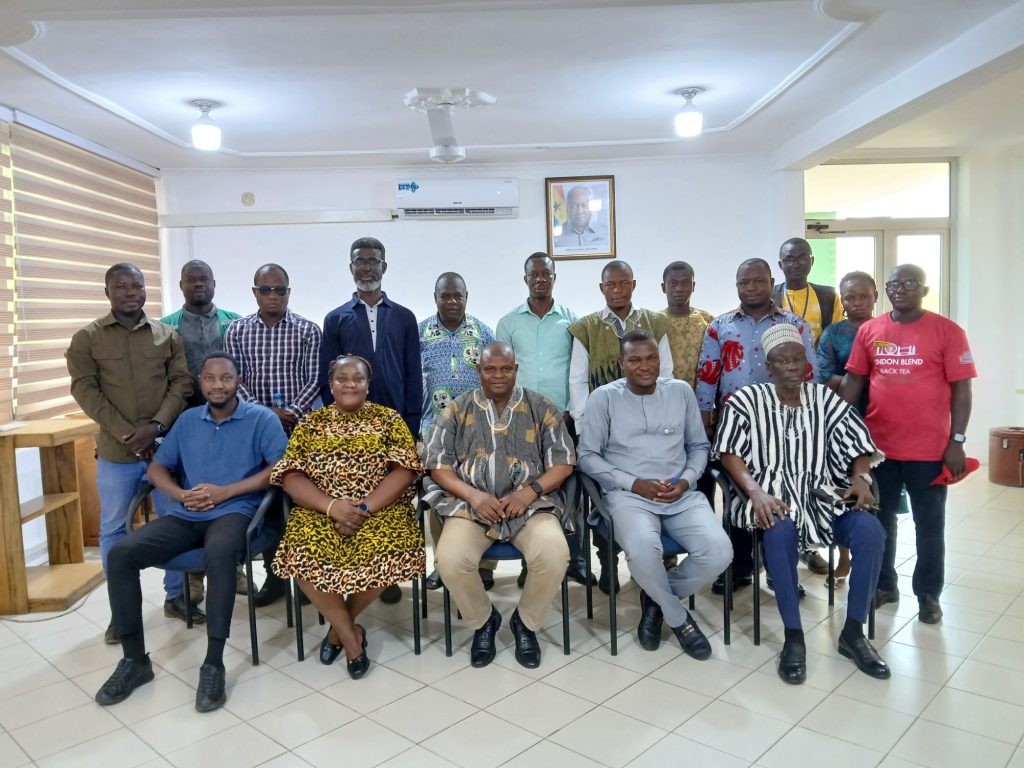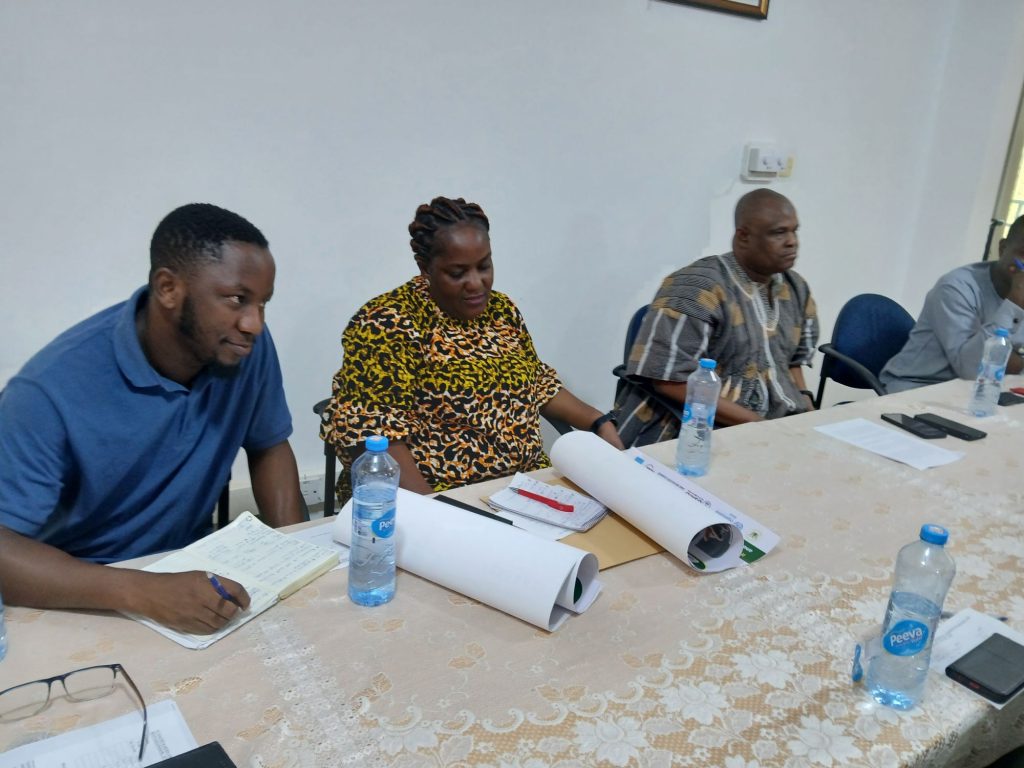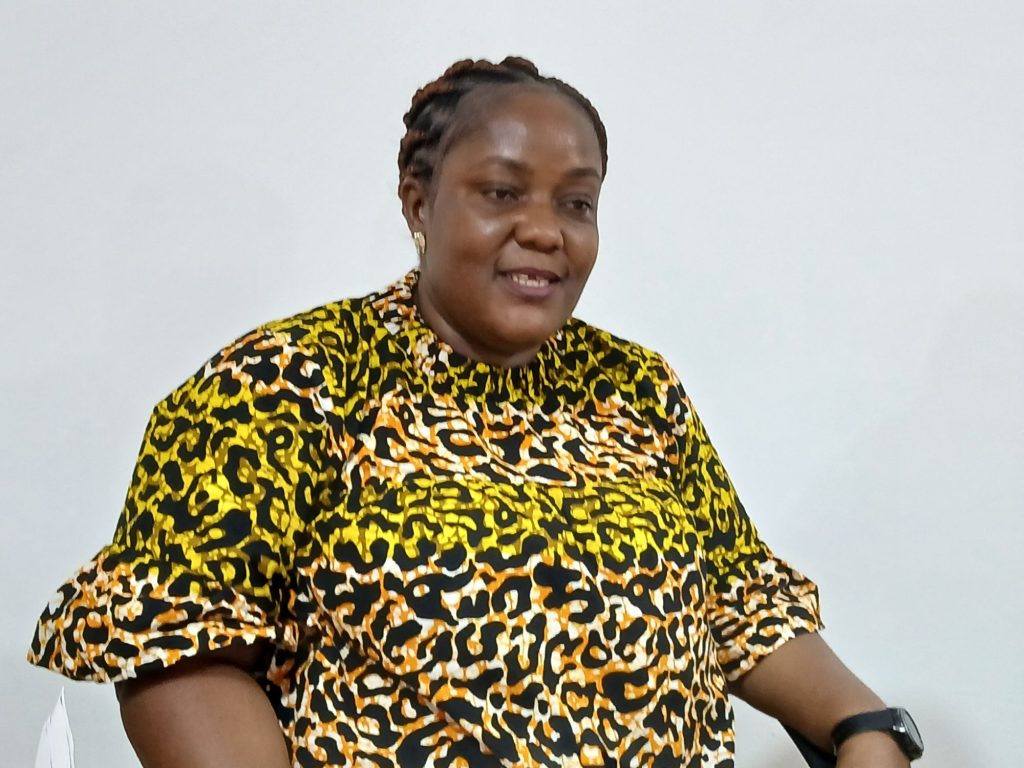
The Upper East Regional Health Director, Dr. Braimah Baba Abubakari, disclosed to the media during a stakeholders engagement at the regional health directorate that over 6,246 people were newly diagnosed with hypertension in the region from January to April 2025. This figure is significantly lower than the actual number of individuals living with undiagnosed hypertension.

Hypertension, often referred to as a “silent killer,” occurs when the blood vessels (arteries) maintain persistently high pressure. Delayed detection can lead to severe health issues, including strokes, heart attacks, heart failure, kidney failure, and damage to the eyes and other organs. A diagnosis of hypertension is made when systolic blood pressure readings are ≥140 mmHg and/or diastolic readings are ≥90 mmHg on two different occasions.

Dr. Abubakari highlighted results from the NCD Risk Factor Assessment Survey (STEPS) conducted in 2023-2024, which reported that 4.8% of adults in Ghana have never measured their blood pressure. Additionally, 19.1% of adults are hypertensive, with 50% of those unaware of their condition. Only 42% of diagnosed individuals are receiving treatment. Hypertension remains a leading cause of premature death globally.
In 2024, 74 people died from hypertensive disorders, which is also the second leading cause of maternal deaths in Ghana. Contributing risk factors include increasing age, family history of hypertension, obesity, physical inactivity, high salt intake, and the use of tobacco and alcohol.

Dr. Abubakari urged the residents of the Upper East Region to engage in regular exercise and undergo frequent blood pressure checks to prevent hypertension. He also cautioned that while there have been no reported cholera cases in the region, it is crucial to wash vegetables thoroughly before cooking.

Patience Boahen, the National Health Promotion Manager, appealed to the public to stop open defecation, which could lead to cholera outbreaks. She emphasized the importance of treating unsafe water before consumption, especially since many are using water from rivers and ponds, which can be contaminated.
To facilitate understanding, she mentioned the use of pictorial messages to communicate health messages effectively, ensuring that everyone can grasp the importance of frequent handwashing and consuming safe food. She encouraged the community to adopt these preventive measures to safeguard their health.
Source: mywordfmonline.com/Gaspard Ayuureneeya